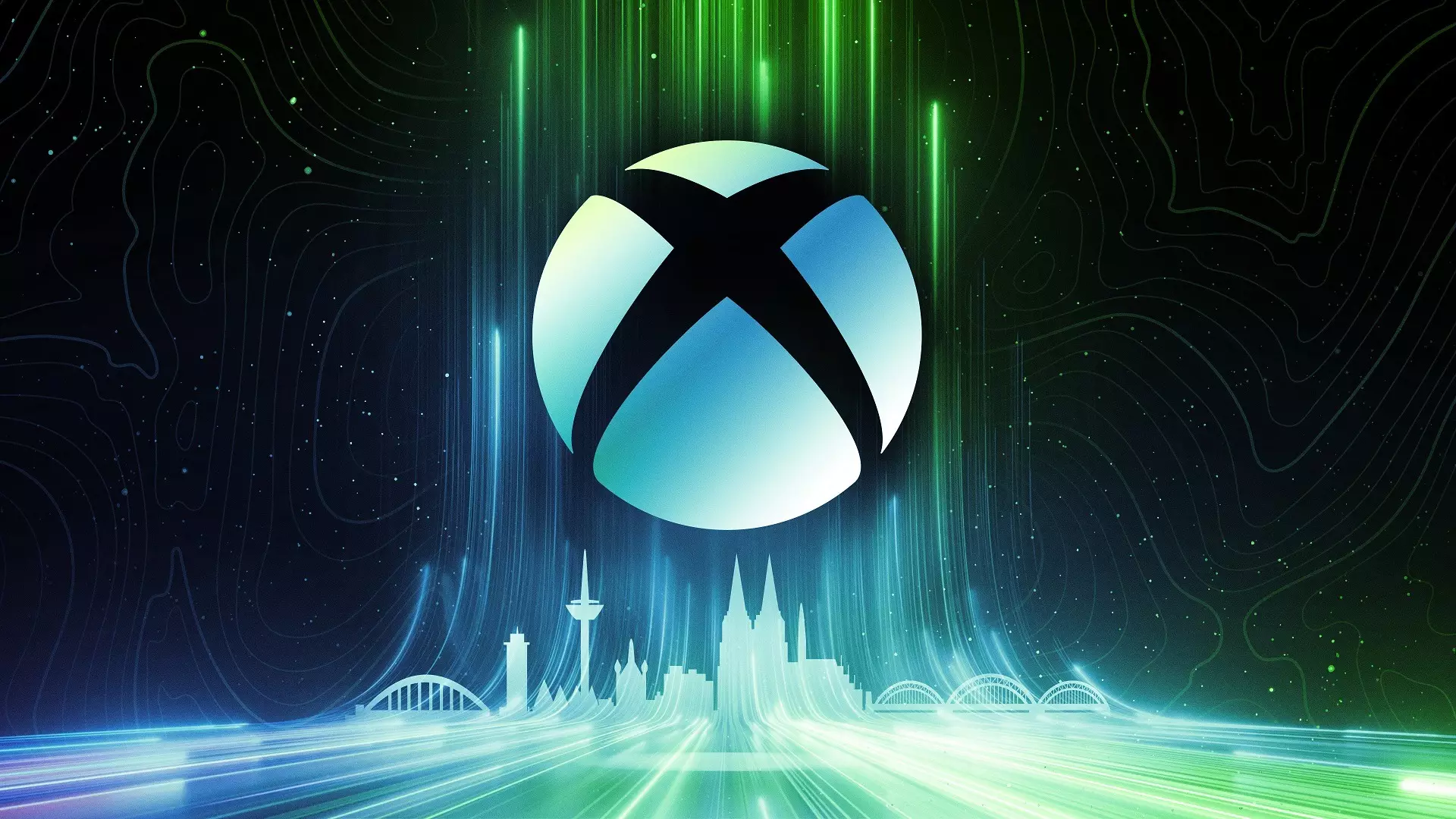For decades, the core of gaming marketing revolved around exclusive titles that beckoned players to purchase specific consoles. This strategy fostered brand loyalty and exclusivity that could sway consumers’ purchasing decisions. However, recent industry trends are revealing a shift — players no longer seem bound by console loyalty, and the idea of buying a new system solely for its exclusives is quickly becoming outdated. Industry analyst Mat Piscatella emphasizes this reality, asserting that players are deeply entrenched in their current ecosystems, making exclusive releases less influential than ever before. Instead, the focus is on making content widely accessible across multiple platforms. This shift is a testament to how consumer behavior has evolved; gamers want to play where their friends are, on the devices they already own, with the games they love. The traditional model of console-driven exclusives is increasingly inadequate in a world where social integration and accessibility reign supreme.
Multiplatform Strategies Are Here to Stay
The success stories of recent years speak volumes about the viability of a multi-platform approach. Xbox’s strategy, which distributes popular titles across different systems, exemplifies this evolution. For instance, Forza Horizon 5, a flagship Xbox game, achieved remarkable success by being available on multiple systems, including PlayStation and PC. Despite its availability on Game Pass — a service that offers a vast library for a modest fee — a significant number of players purchased the game on PS5 independently, highlighting that consumers value choice and accessibility over platform allegiance. This approach not only broadens a game’s reach but also solidifies its staying power in the marketplace. The trend extends beyond Xbox; Sony’s active porting of major titles to PC, including acclaimed franchises like Uncharted and God of War, demonstrates their recognition that multi-platform releases are crucial to maximizing profitability and relevance.
The Rising Influence of PC Gaming and Cross-Platform Ports
PC gaming’s ascension is particularly noteworthy. By porting classic titles to PC, Sony rejuvenates older games and introduces them to new audiences, effectively extending their lifecycle and commercial lifespan. The release of these ports often results in a sales boost, as seen with titles like The Last of Us Part I or Spider-Man. The accessibility and flexibility of PC as a platform make it the ideal partner in this multi-platform strategy. It provides a broader audience reach and caters to players who prefer gaming on high-performance hardware. Meanwhile, publishers like Electronic Arts have been proactive in moving away from exclusivity, redistributing their popular IPs on Steam, one of the most dominant PC platforms, away from their proprietary launchers. The industry is gradually shedding the siloed approach of the past, replacing it with a more open, consumer-centric model.
New Frontiers: Cross-Platform Collaborations and Market Expansion
The landscape of gaming is becoming increasingly collaborative, with companies crossing traditional platform boundaries. Sony’s collaborative ventures, such as releasing Lego Horizon Adventures on Nintendo Switch and planning to bring Helldivers II to Xbox, illustrate this strategy well. These moves aim to capture a wider audience, foster goodwill, and ultimately grow the market. The anticipation of the first Xbox games potentially arriving on Switch 2 is hardly a stretch — a sign of how fluid platform boundaries are becoming. Such decisions underline the reality that game publishers recognize the importance of adaptability over exclusivity in today’s rapidly changing industry. By embracing multi-platform releases, they tap into new revenue streams and expand their brand presence, reinforcing the notion that the future of gaming lies in accessibility and interconnectedness, not in isolated ecosystems.
Industry giants are increasingly realizing that the traditional console wars are less relevant than ever. Instead, the true victory lies in offering gamers freedom—freedom to choose where, how, and on what device they play. A multi-platform approach isn’t just a marketing tactic; it’s a strategic necessity. It ensures wider reach, boosts sales, and aligns with contemporary consumer preferences for flexibility and social connectivity. Whether it’s Sony porting its beloved classics to PC, Xbox embracing wider system availability, or publishers crossing boundaries to reach new audiences, the industry is swiftly moving toward a future where choice reigns supreme. A future where gamers are no longer confined to a single ecosystem, but empowered to play where they want, with whom they want, and on the devices they trust most. That is the blueprint for ongoing success in an increasingly interconnected gaming world.

